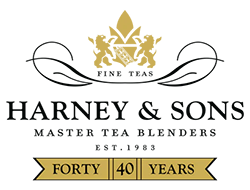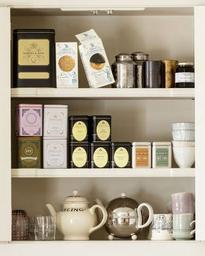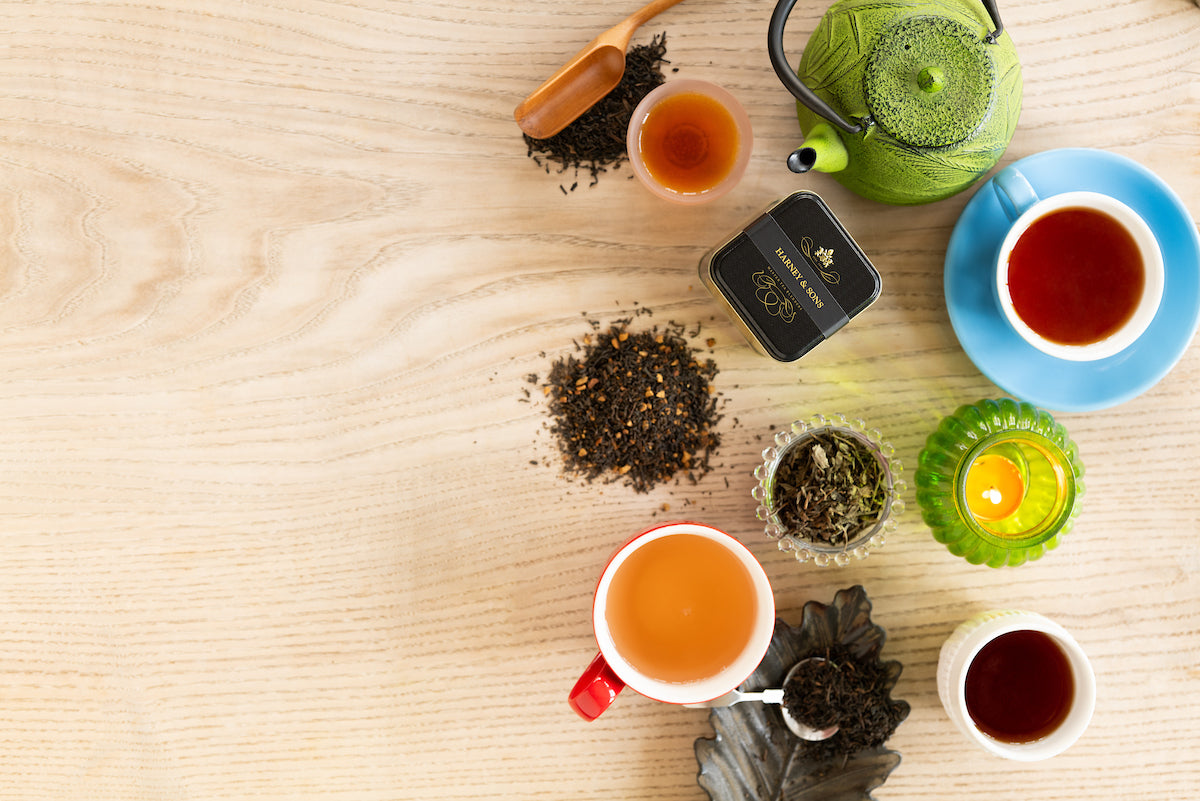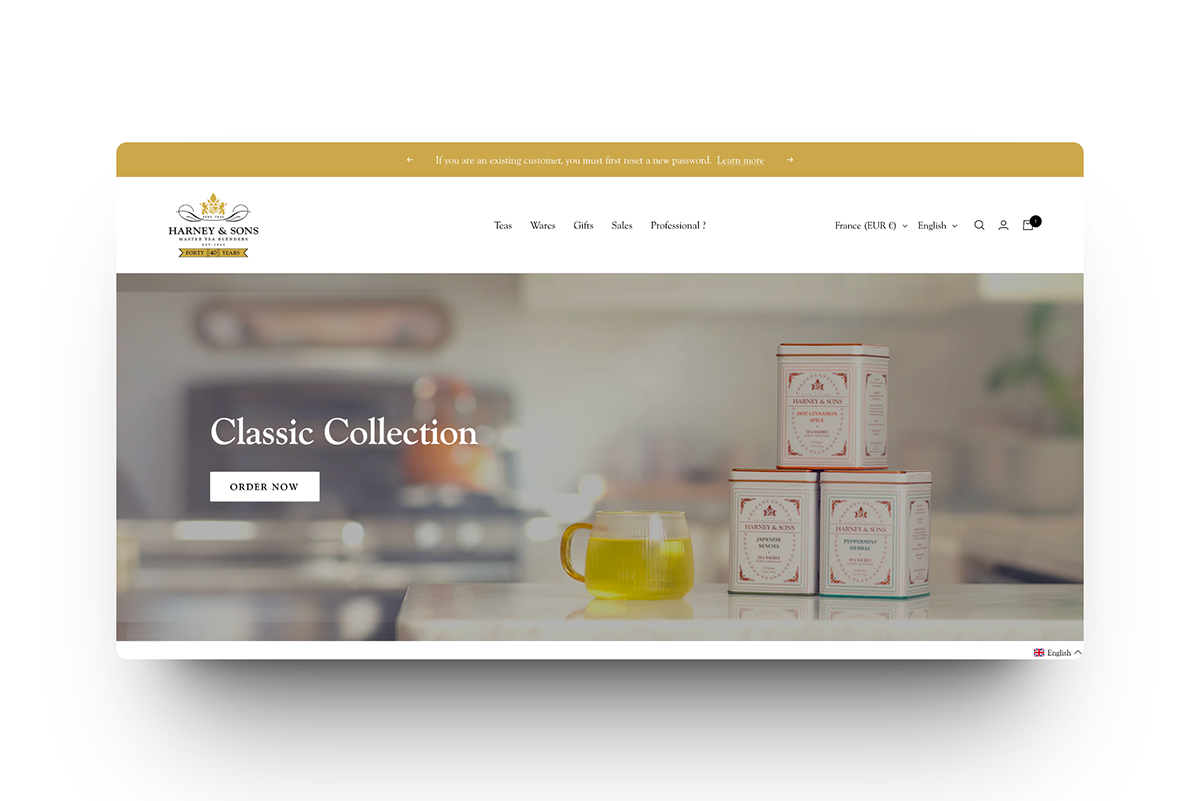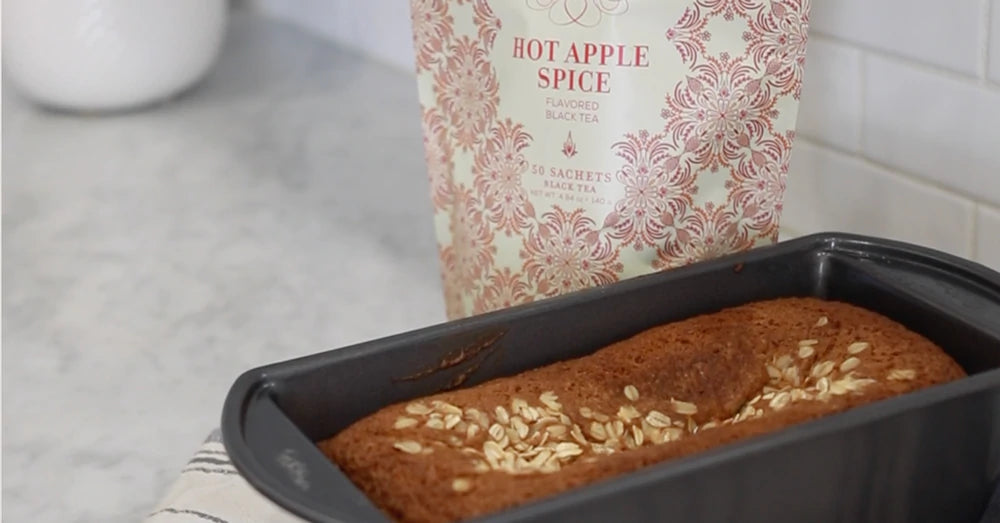Herbal tea is tea.
Herbal teas are actually no teas at all but tisanes because they are often made from bark, flowers or fruits. To be considered a tea, the leaves must come from the camellia sinensis plant.
Caffeine-free tea is the same as decaffeinated tea.
Decaffeinated tea is tea from which the caffeine has been removed, through one of two possible decaffeination processes. Decaf teas still contain tiny, tiny amounts (0,03%) caffeine. However, herbal teas are naturally caffeine-free.
White tea doesn't contain as much caffeine as other teas.
Contrary to popular belief, many white teas from China can actually have higher amounts of caffeine than black teas because they contain more tips or buds which are inherently more caffeinated.
Tea has more caffeine than coffee.
It actually doesn't! Plus, tea has the added amino acid L-Theanine, which crosses the blood-brain barrier and stimulates the production of dopamine and serotonine, giving you a much calmer stimulation effect.
Dipping your tea bag/sachet for 20-30 seconds will help to decaffeinate it.
To remove most of the caffeine in your tea, you'd need to infuse it for upwards of 15 minutes, dump the water and steep again.
